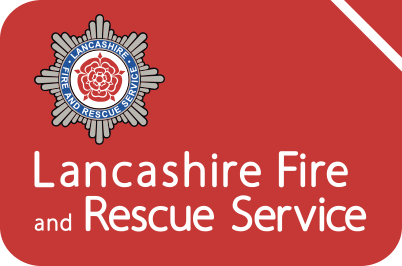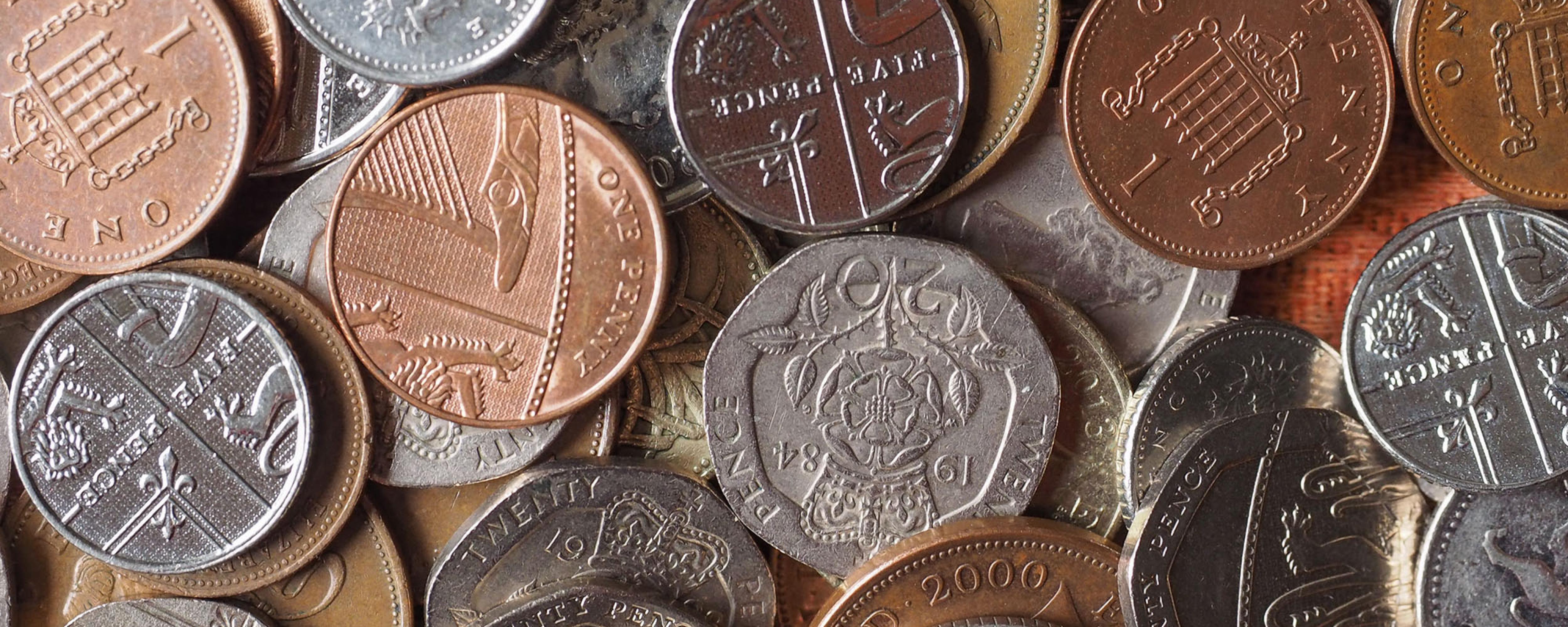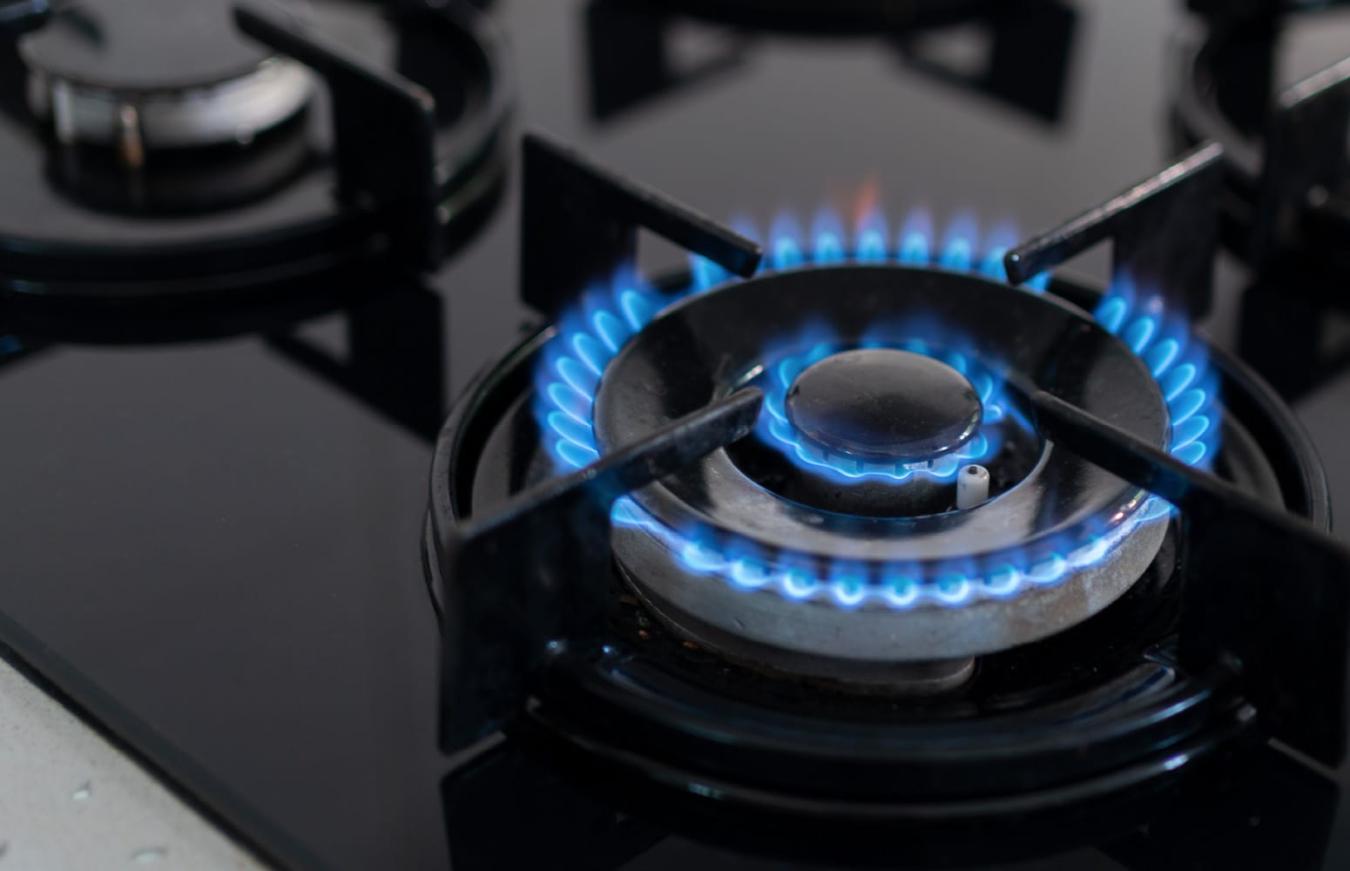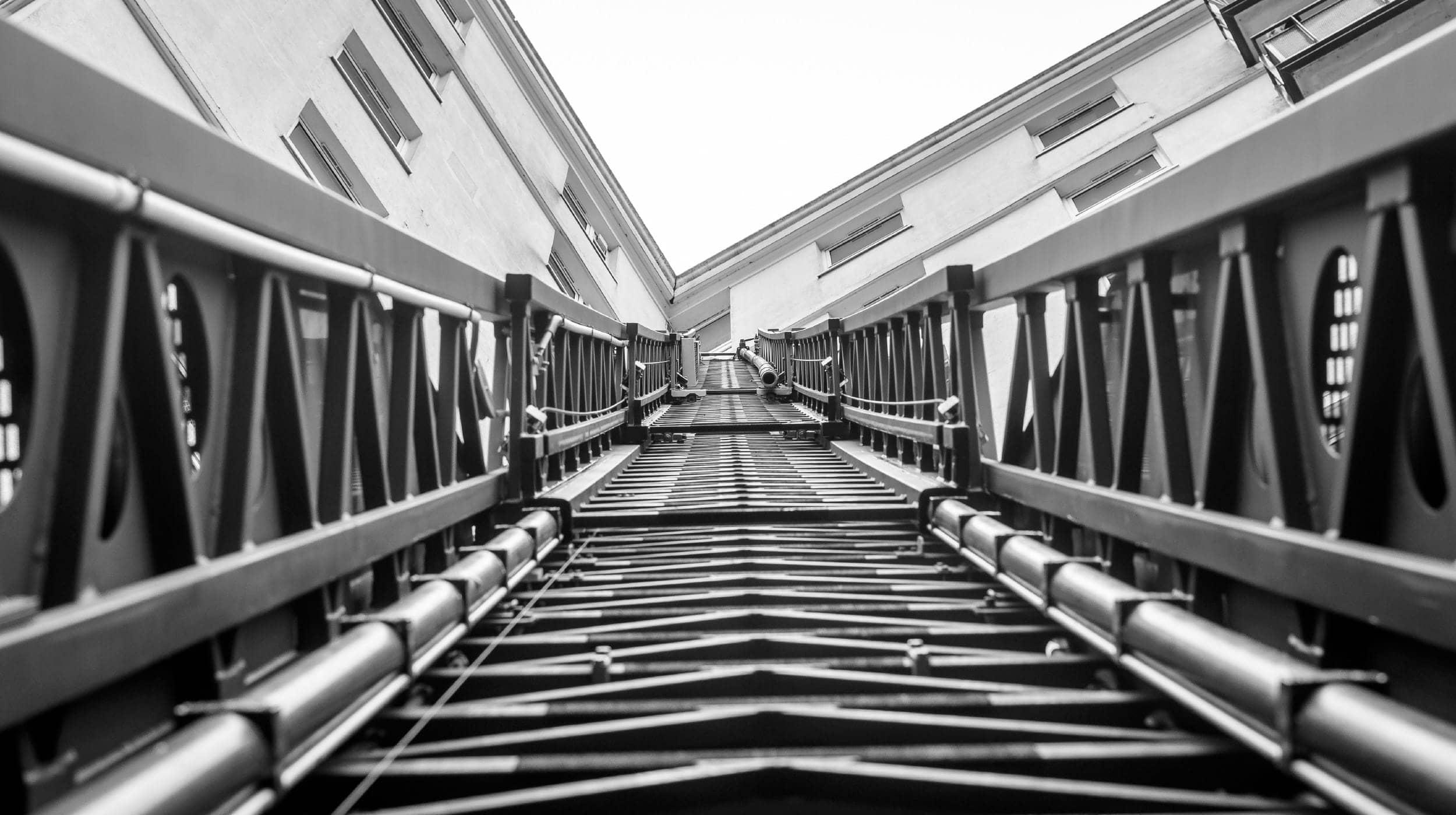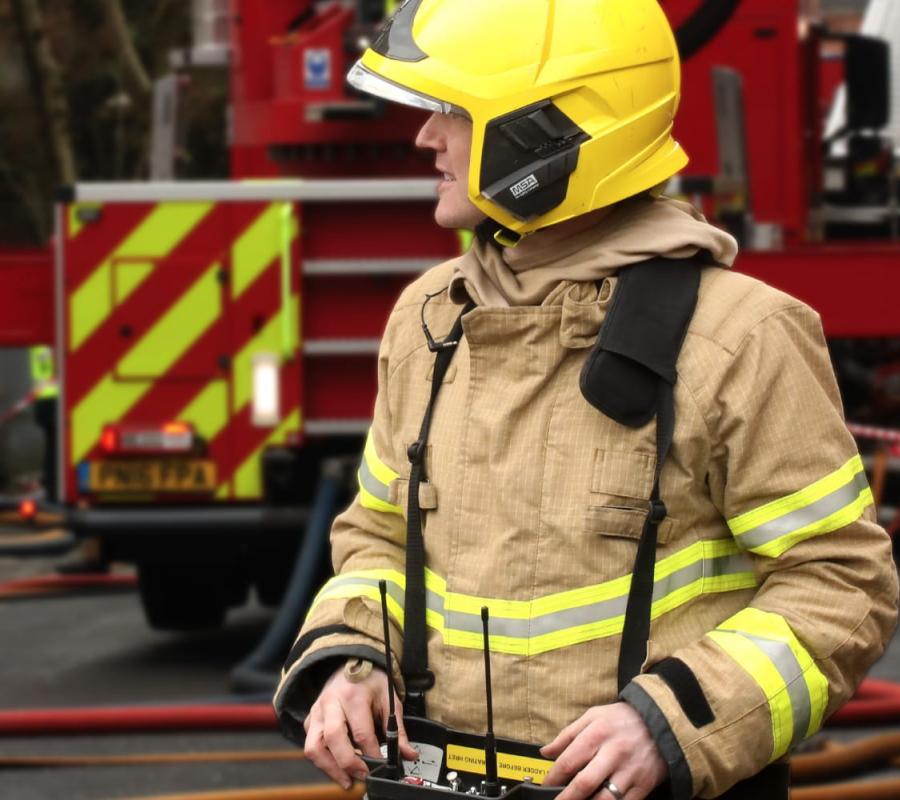Be safe and save campaign
Lancashire Fire and Rescue Service wants to help you to save money safely when cutting costs in response to the rising cost of living. That’s why we’ve created our Be Safe and Save campaign to share our energy saving tips while helping to keep you safe, warm and well and reduce your fire risk.
We are working closely with partners such as Cadent Gas, Age UK and Electricity North West to give access to support and advice on energy saving measures for those who need it this winter. We can help refer people to partner agencies and ensure homes have suitable smoke detection and advice. You can register for a Home Fire Safety Check here.
If you’re thinking about doing things differently at home to bring down the price of energy bills, it’s important to remember do so safely. This can include thinking about the hazards that come with changing your usual routine.
Everyone can help to try and prevent fires. One important and essential thing to do is to fit a working smoke alarm on every floor of your property so you’re alerted quickly if there were a fire.
